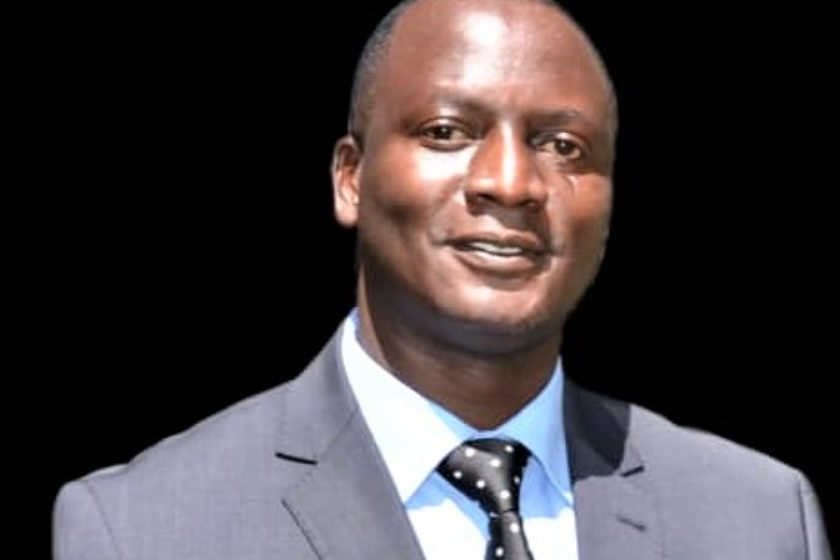Copperbelt Energy Corporation (CEC) Plc chief executive officer Owen Silavwe says talks are underway with Zesco Limited to renew the Bulk Supply Agreement (BSA) ahead of the expiry of the existing one, which lapses next year.
And Silavwe says the decision to not load shed mining companies in Zambia is more “economical” and not an act of selfishness as the country’s economy is largely influenced by the performance of the sector.
Speaking during a media interaction with journalists at the company’s head office in Kitwe, Wednesday, Silavwe announced that the power utility was in talks to renew their BSA with Zesco as not renewing the agreement would spell doom for its Copperbelt commercial and retail clients, who are being supplied electricity from CEC.
CEC currently supplies a stable supply of electricity to 10 major corporate clients in the province, including Konkola Copper Mines (KCM) Plc, its biggest client who consume largest chunk of power from its network.
The power utility also supplies to its retail clients, non-mining consumers, across the province at an average tariff of 3.5 US cents per kilowatt hour.
“We supply the power to everybody on the Copperbelt so it’s a question of how are we going to ensure that we do this in a way that will not antagonize the sector or the economy, I think that for me is quite critical. And I don’t think we have any challenges in achieving that in a very amicable and efficient way. I think what I would say is there is work that’s going on at the moment and that work is meant to find a solution to this. The Bulk Supply Agreement underpins the supply of power to everybody in the Copperbelt; it’s not just the mines, basically everybody on the Copperbelt. So, my view on it is that whichever way you look at it, a solution has to be found, if renewal is the solution, then so be it. But the critical takeaway is that a solution needs to be found, otherwise come that, day, nobody would want to see challenges on the Copperbelt, and basically challenges to the economy,” Silavwe said.
“So, we should try, as a country, to avoid dooms day! I don’t think we plan for dooms day. We are working on it, but we don’t have a conclusion today. The fact is process is ongoing, today. It’s not about what I want to see, it what is mutually agreed between the parties at the end of the day, that is important.”
And Silavwe explained CEC worked hard to ensure that the country’s power deficit did not affect mining companies.
“CEC supplies power to the mines on the Copperbelt; Zesco supplies power directly to the mines in North-Western so all the mines, whether on the Copperbelt or North-Western, they are currently not being load shed. It’s not just the mines on the Copperbelt. And the reason for that is obviously to try and protect the economy. At the moment, as I understand it, and it’s not that CEC is being selfish that’s why they are not being load shed. So, we obviously try and coordinate actions whether we are working through ourselves or we are working through the Ministry (of Energy), we try and make sure that we coordinate our efforts,” said Silavwe.
“One of the things we do as CEC is, if, for example, the mines need to be load shed, we try and make sure we use our contracts within the region to buy power and supplement whatever gaps are there because, remember the challenge with the mines is that if, for example, you take away 10 per cent of their power because they are running processes that are basically interconnected, they are dependent on each other. You might find that the mine actually needs to close, if they can’t run one process, it basically means they can’t run a subsequent process and they can’t run the next process. So, generally, what you try and do is to protect that to ensure that you protect the mine operations and you ensure that you don’t end up in that scenario. Most of the local residents on the Copperbelt work on the mines because the mines are second largest employer after government.”
Source: News Diggers










